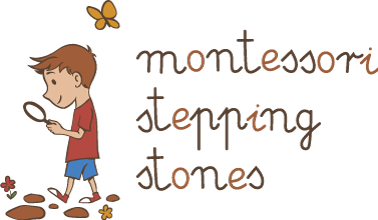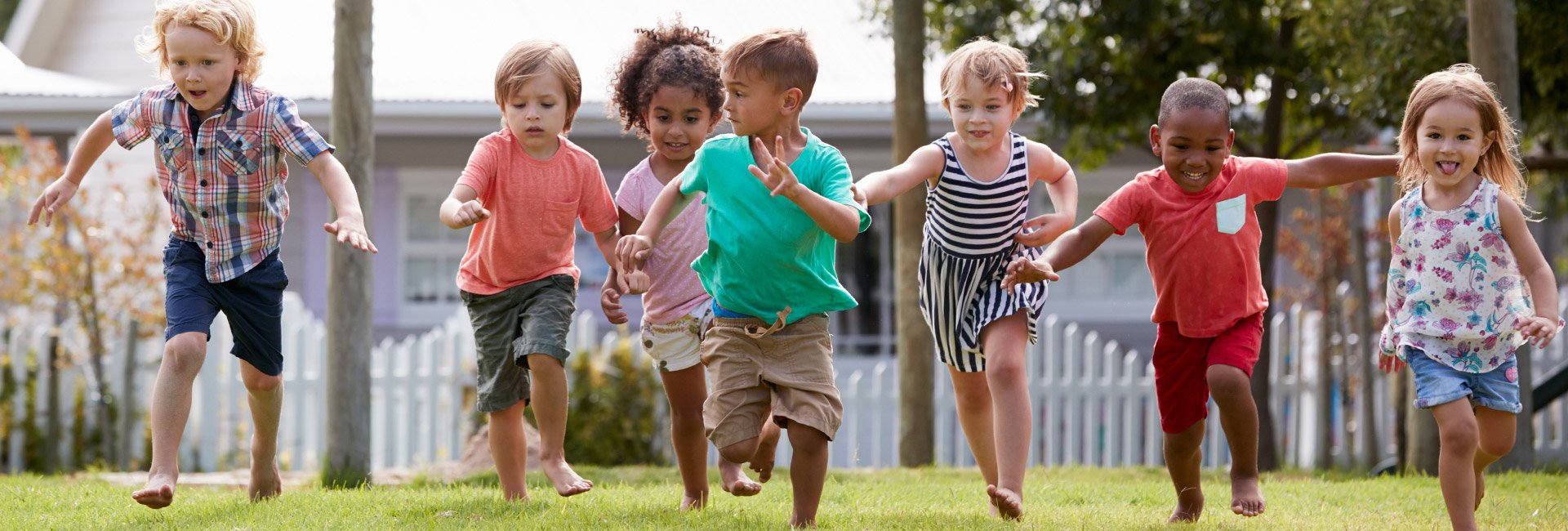What is Montessori?
Maria Montessori, an Italian physician and educator, founded the Montessori method in Italy in the early 1900s. Her scientific approach to education was shaped around the individual needs of the child. Her goal was to facilitate the individual development of the child, both physical and mental, through a system that is focused on spontaneous use of the human intellect. She discovered that the first six years of human life constitute the most important period in the child’s development. The main principles of Montessori Education are:
- Montessori does not direct the child but guides him/her. Children are taught how to make their own choices and to handle things by themselves. The teacher only encourages the child to be independent by introducing him/her to an array of specially designed activities.
- The role of the Montessori teacher within such an environment is merely to observe and guide each student on his/her unique developmental journey. The focus is on allowing children to learn and lead the way rather than on teaching them.
- Prepared environment is essential. Montessori classrooms are places where children can do things on their own or in small groups. In the Montessori classroom, children make independent choices, enjoy the freedom of movement, and are guided towards the love of learning. This is possible because all activities are available to children; they can explore a wide range of meaningful and attractive materials at will. Children decide on accessible activities consisting of self-correcting materials that are displayed on open shelves. They work in distinct work areas: on tables, or on rugs on the floor.
- The Montessori environment helps children to develop their independence, concentration, self-awareness, self-control and self-confidence.
- Matching the environment to the child’s sensitive periods is an important aspect of Montessori classrooms. Sensitive periods are the moments in the child’s life when he/she concentrates mainly on particular aspects of his/her development.
- Mixed age groups of 1,5-6 year olds aid the development of social life in Montessori classroom. The older children are helping the younger ones; it gives them feeling of responsibility and helpfulness. The younger children are provided with inspiration and example from their older friends rather than from the adult teacher.
- The child and his/her individuality are in the center of the learning process. Each child is different and thus the teacher must follow the child’s singular process of learning.
- There are neither grades, nor forms of punishment, nor rewards. With the teacher’s observation of each child and a detailed record keeping, the progress is expressed in the child’s balanced behavior, happiness, maturity, and their level of work, among other things.
- All these elements reinforce the child’s innate love of learning and exploration during all their future life. They will grow to become happy and successful adults.



